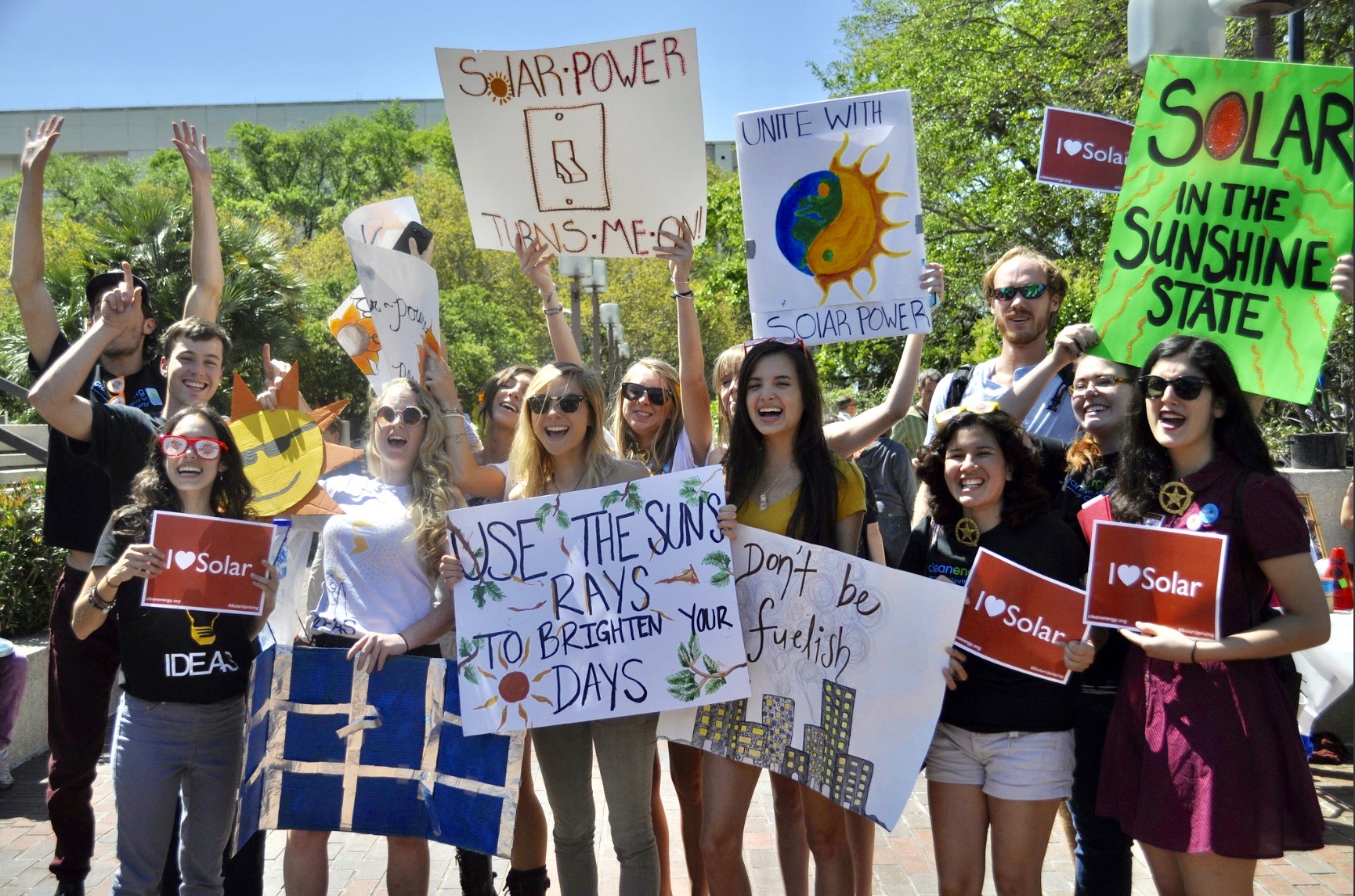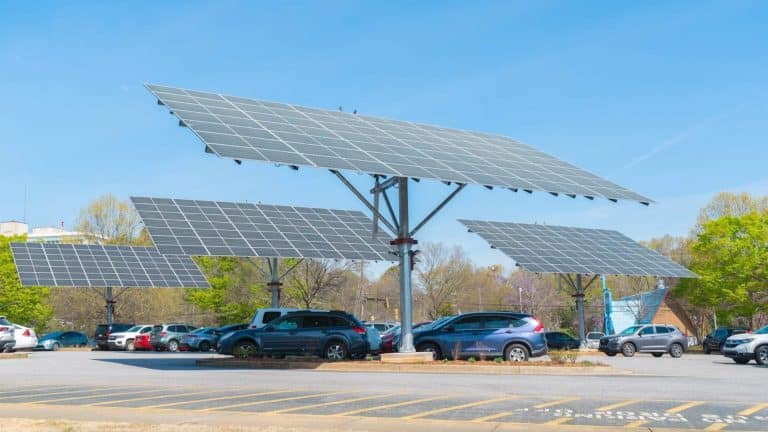Amazon and Google have done it again. The two corporate leaders have made more major solar energy announcements and continue to scale-up their renewable energy leadership with Google’s biggest purchase yet of 1,600 megawatts (MW) and Amazon’s Climate Pledge of 80% renewable energy by 2024 and 100% by 2030. Collectively, Amazon and Google are responsible for the majority of current solar development in the Tennessee Valley. These companies should be applauded. The ambitious plans they presented align with what the consensus science indicates is necessary to meaningfully address climate change. But what Ben Geman of Axios’ points out in a recent article is also true: “Green companies can’t save the planet.”

Corporate leadership is not a substitute for utility leadership (nor state and national climate policy).
We should consider corporate leadership to be a necessary component of tackling climate change, but insufficient in addressing the climate crisis in its entirety. This is perhaps a fine line. The Southern Alliance for Clean Energy (SACE) did observe significant leadership from the corporate community in 2018. Five large companies announced nine projects in three states totaling 1,000 MW. But, as we pointed out in a blog post, there’s a potential downside.

We’ve had to fight (and will continue to fight) to ensure that utilities continue to expand their renewable energy portfolios for other customers. Residential and small business customers shouldn’t be left to pay the freight on higher-cost, dirtier-energy while utilities design renewable energy options exclusively for the large commercial & industrial customers. Tackling the energy production and consumption issues we face shouldn’t just be on corporations and utilities shouldn’t just be cutting deals for these corporations. Utilities need to provide opportunities for smaller customers, to take advantage of renewable energy, like solar, through incentives, rebates, and energy efficiency programs that will help customers conserve energy and reduce carbon emissions. In order to mitigate the worst impacts from the climate crisis on our communities today and for future generations, we must ensure that utility customers large and small are reducing their energy carbon footprint, and that no community is left behind.


